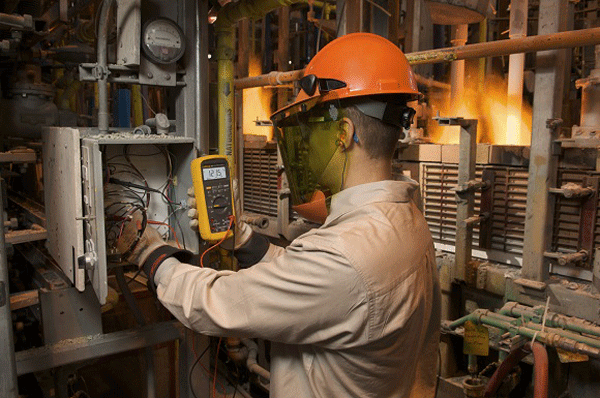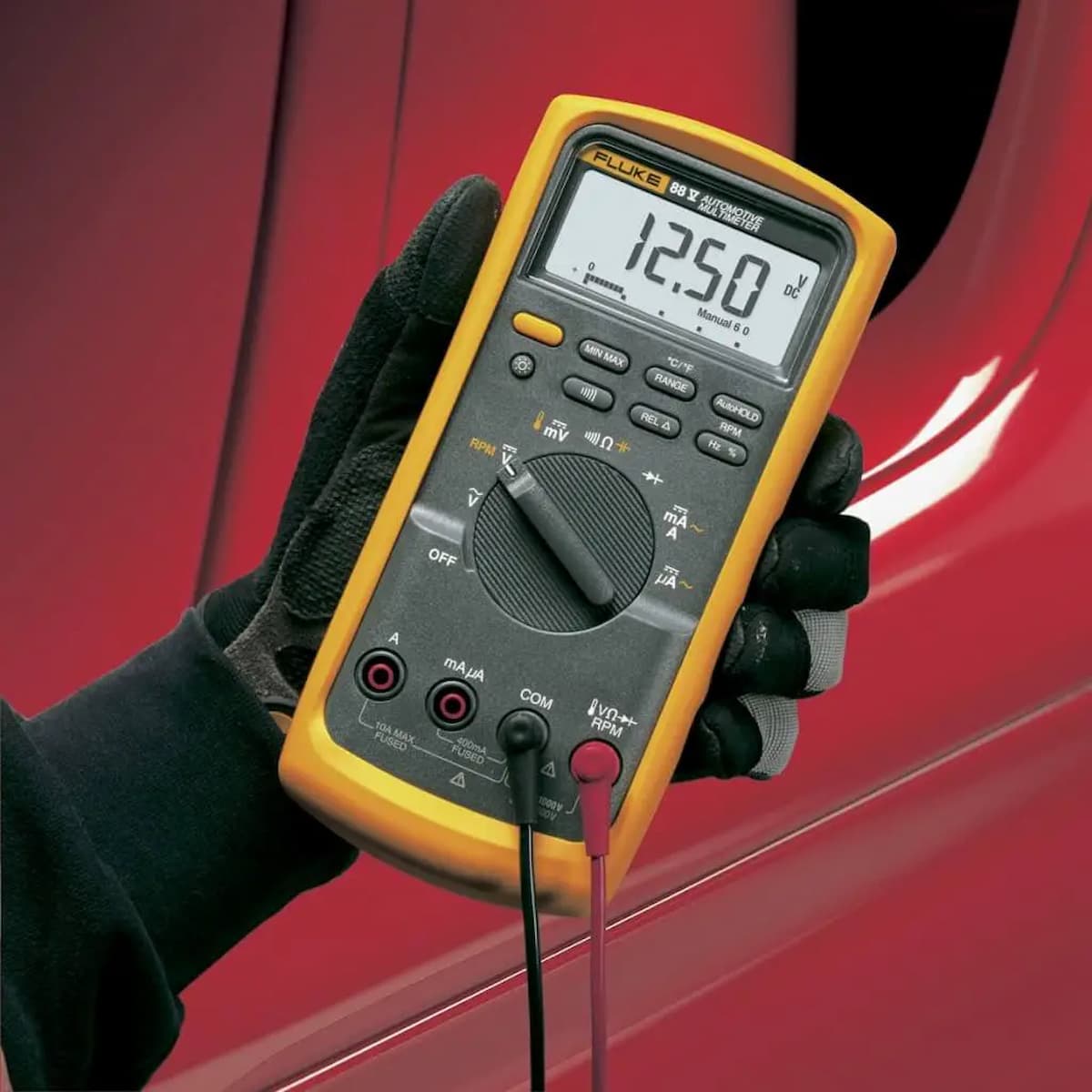Welcome to the fascinating world of electronics. Perhaps you’re buying one of your first instruments! Oh maybe you are a veteran? Whatever the reason, welcome to nerd prom, where we are going to discuss one of the most debatable issues that keep geeks awake at nights.
If you are currently in a struggling situation, being unable to decide what kind of multimeter you should buy, read on and hopefully you will receive some kind of enlghtment at the end of this artile.
Do you want to feel like Mr Spock or Nicola Tesla sounds more like your nerdy spot – that is the question for this intervention! To go digital or analog, multimeter wise. I am a Spockie, so I would buy digital multimeter certainly, but let’s first set up some firm ground for my huge revelation.

The first multimeter was invented in 1920 by a British post office engineer Donald Macalde. He was so tired of dragging so many instruments around and he came up with the idea which at the end came into realization. He is a proof that we, as the most intelligent species on this planet, are bond to always find ways toease our exsistence. Now let us explore both sides of this battlefield of inventions.
Analog vs. Digital Multimeter
Well, technology has really gone from zero to sixty in a very short period of time. Now we have digital multimeters with LCD display that show us readings precisely. This eliminates a lot of testing, which was the problem with the analog multimeter.
Setting the scale of fluctuation on an analog multimeter is very tricky. If you make one fault, you will get your readings wrong and you can make catastrophic mistakes with your work. On the other hand, digital multimters set the scale automatically and you can see the current status on the screen instantly.
The analog is still used by some people. A lot of people argue that using analog multimeters is a better option for noticing the fluctuation of power currents, since you can see the needle clearly moving in any direction. Although it is true that the digital multimeter is lacking in this ability, it certainly shows much more multifunctionality. Many of the newest digital multimeters have capabilities such as light, sound and option for upgrading the functions of the device.
Despite the fact that a digital multimeter is the more expensive option, it is worth it since it offers much higher level of accuracy. Despite being less accurate, the analog multimeter can still give you are reasonable testing and good retails for fairly fewer than their digital brother. It all depends if you are old fashioned or you do want to keep up with novelties. Any choice you will make it will help you through your work. I wish you good luck!
